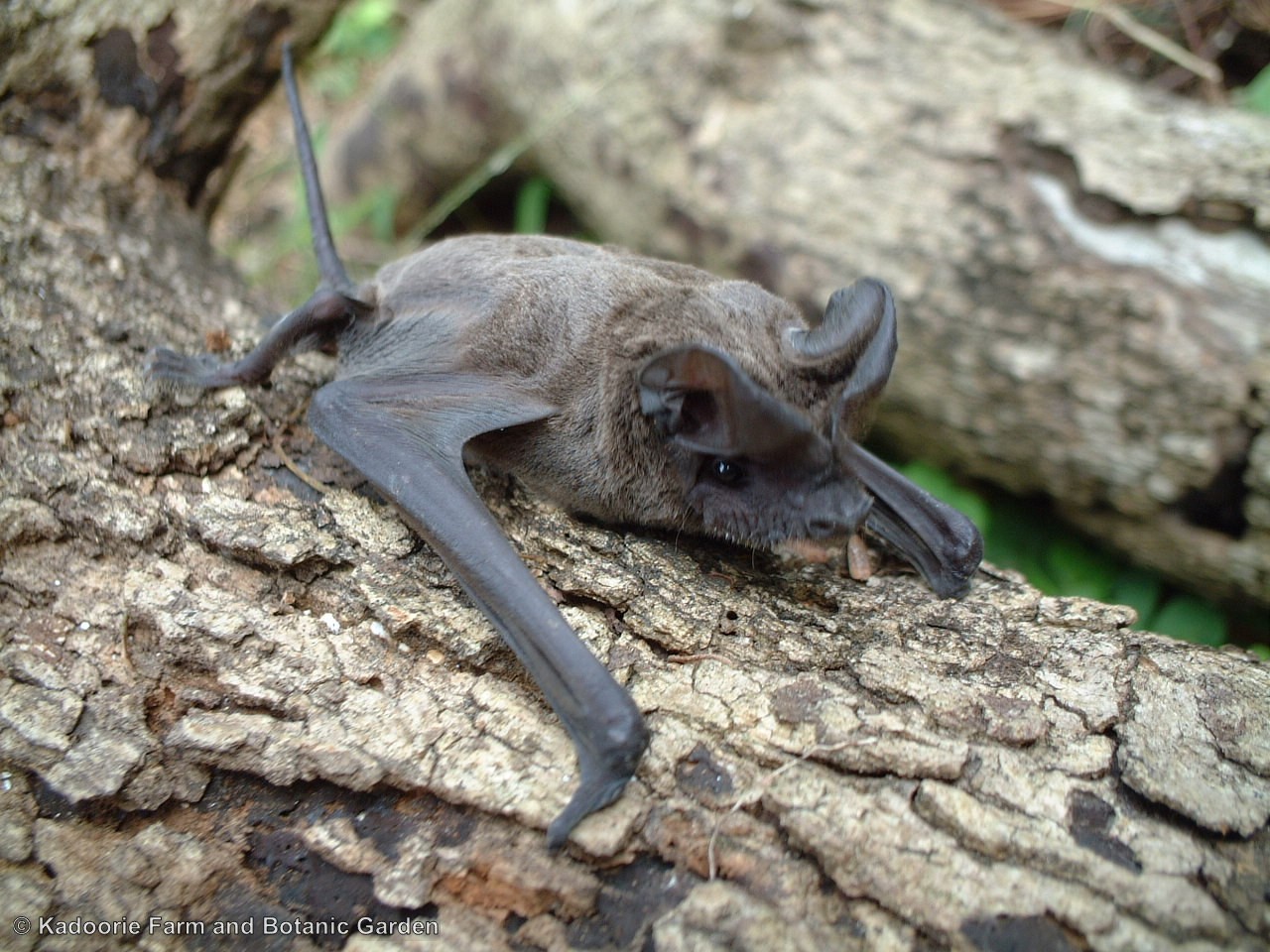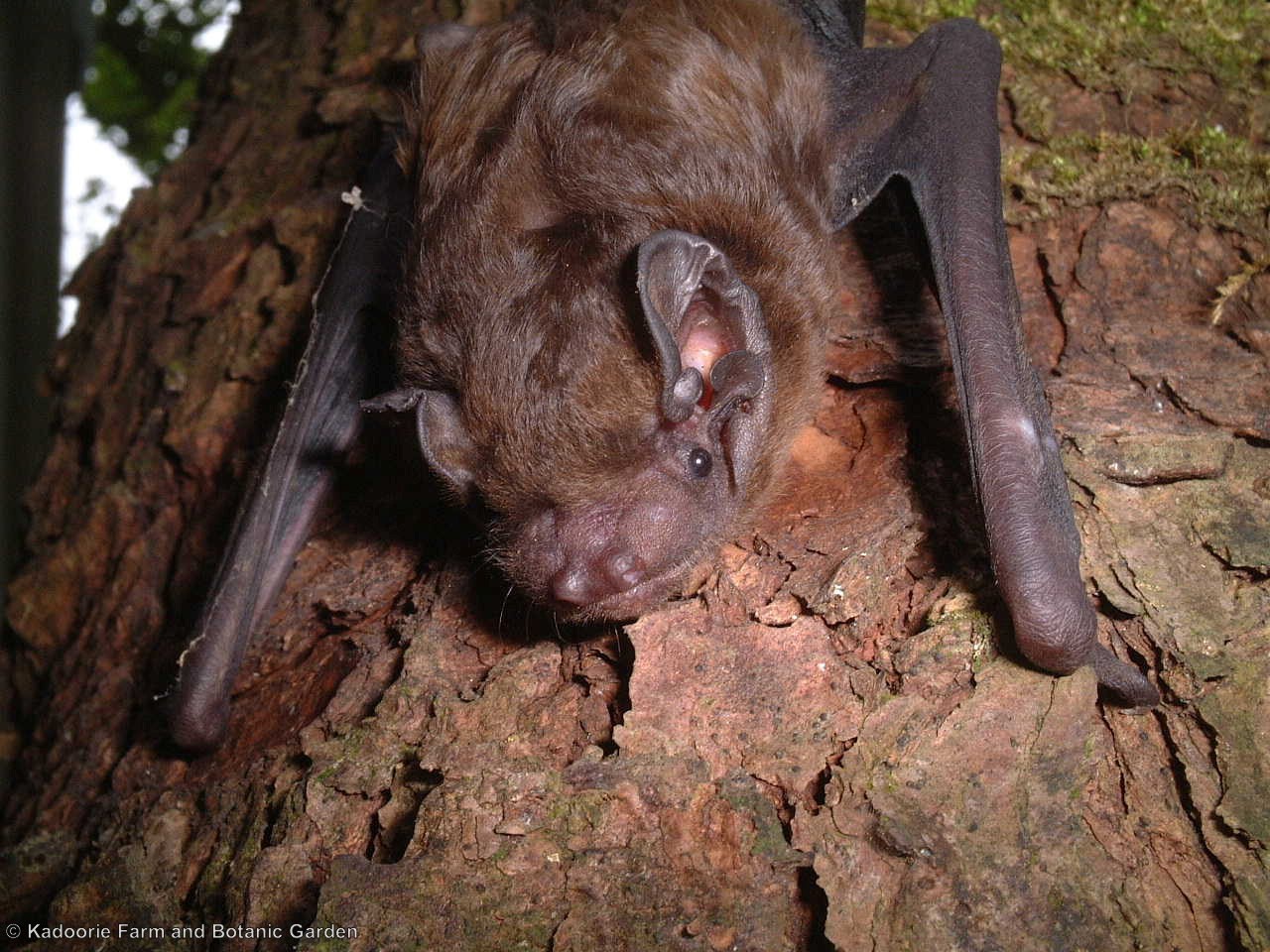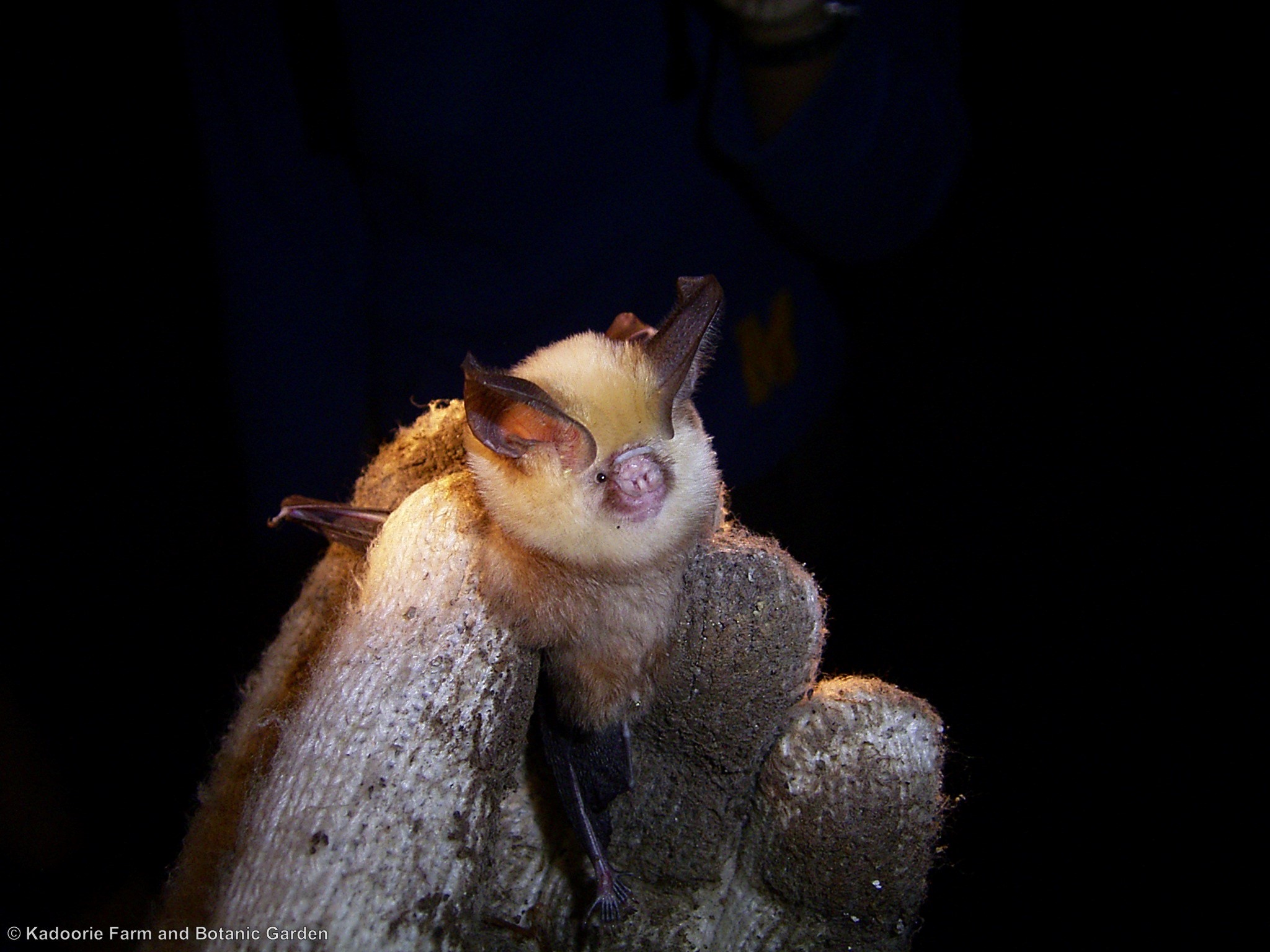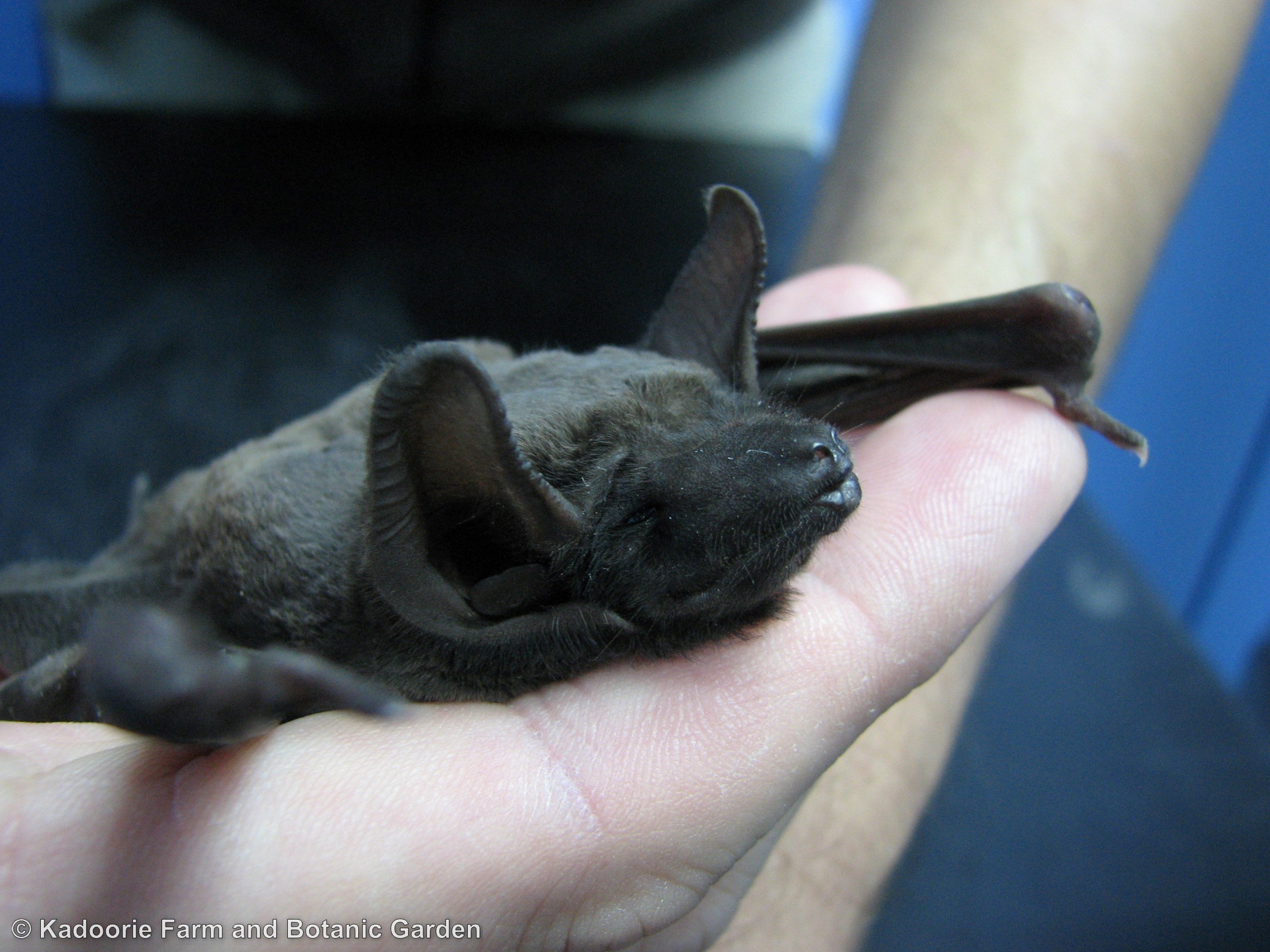Bats are essential in a healthy world │ Part two
The Covid 19 Pandemic (Cont’d)
The following points are from a joint statement from Bats without Borders (BwB) and Bat Conservation Africa (BCA), both of which are committed to the conservation of African biodiversity and bats in particular. It is a clear and useful summary of the current facts about COVID-19, to protect both people and bats:
- There is no evidence that COVID-19 originated in bats. Currently, the source of the first human transmission of COVID-19 is still unknown. Reports from the site indicate that no bats were sold at the wildlife market in Wuhan, China. Bats were initially blamed because a virus (Bat CoV RaTG13) found in one insectivorous horseshoe bat species in China in 2013 is a relative of SARS-CoV-2, the virus that causes COVID-19. These viruses are estimated to have diverged 40-70 years ago (Boni et al. 2020), meaning that the two viruses are distant relatives. Scientific investigations are now pointing to a chain of events that may have involved a bat but most likely only through an intermediate animal species.
- Regardless of origin, which we may never know, this pandemic is primarily due to human behaviour. Wildlife wet markets bring together an array of wild animals, in stressful and confined conditions, that would not normally occur. This creates an environment conducive to the spread of disease. Consumption of these wild animals (such as bats, pangolins, and even primates) puts human health at risk by providing an opportunity for the virus to potentially spillover from non-human animals to humans.
- Bats do not spread COVID-19. COVID-19 is a human disease and as such it is being transmitted from person to person. Bats do not carry SARS-CoV-2 and people cannot get COVID-19 directly from bats. Killing and evicting bats will not prevent the spread of COVID-19 but it will have unnecessary and detrimental impacts on bat populations. The priority to prevent the spread of COVID-19 is to follow the guidelines from global health organisations, such as the World Health Organisation (WHO), including the practice of social distancing and appropriate hygiene practices.
- Globally, there are over 1,450+ bat species, contributing to ~20% of mammalian biodiversity. An estimated 25% of bat species are threatened with extinction and need our help. We need to be doing a lot more to protect and safeguard Africa’s and the global bat biodiversity. Killing bats will adversely affect the conservation status of bat populations across the world and will not protect people against COVID-19.
- Bats provide enormous benefits including pollination, seed dispersal, and pest and disease-vector control, worth billions of dollars annually. In Africa, bats pollinate important species such as the iconic baobab tree and also consume large numbers of insect pests (e.g. stink bugs, a major pest species of macadamia plantations); and disease vectors, such as mosquitoes.
- Pre-COVID-19, bats were already heavily persecuted due to being misunderstood and undervalued. We urge governments and policy-makers to take a more active role in protecting bats given their importance in terms of biodiversity and ecosystem services. It is also worth noting that Africa’s second largest fruit bat, the straw-coloured fruit bat (Eidolon helvum) is protected under the Convention on the Conservation of Migratory Species of Wild Animals (CMS), because this important long-distance migratory species is threatened by severe deforestation, unsustainable hunting for bush meat and persecution.
- In relation to human-bat conflict, there are no poisons registered for killing bats, therefore it is illegal to kill any bats using poison. This includes individuals and industry. Any pest control company killing bats with poisons, will be doing so illegally and can be prosecuted. Likewise, in some countries if companies are found to be illegally killing bats, the CEO can also be charged with criminal activities.
- Due to human impacts, including rampant deforestation, agricultural expansion and urban spread many bat species have adapted to living in urban environments, such as our gardens and urban parks. Bats are shy creatures that generally avoid human contact, and therefore do not pose any threat to humans in their natural environment. Like most wild animals, bats carry some diseases but there is no risk to humans unless you handle bats. To protect people and bats we strongly advise against handling bats, unless you are appropriately trained to handle bats, have had pre-exposure rabies vaccinations and wear suitable gloves.
- It is worth recalling that a similar misdirected focus occurred at the height of the 2006 avian influenza, with calls for widespread culling of migratory waterbirds and the draining of their wetland habitats. We know from this experience that such actions do not work but also cause harm to protected species.
- Human behaviour and our impact on the natural environment must be addressed. The result of such behavior can, in the most extreme case, lead to the global pandemic we are experiencing now.
- BwB and BCA continue to advocate for the conservation of all bats and to protect them from persecution as they are an essential part of both natural and anthropogenic ecosystems.
And in Hong Kong
All bats are protected by Law in the Hong Kong SAR and bat roosts should not be disturbed unless authorization is obtained from the Agriculture, Fisheries and Conservation Department (AFCD). There are 27 species of local bat, including two fruit eating bats and one that eats fish as well as insects. Our smallest bat weighs 3g and the largest 150g.
How you can help bats
If you find a sick or injured bat do not handle it but call the SPCA (2711 1000) or AFCD (1823) directly for assistance.
If you need any advice related to bat issues you can also get in touch with KFBG at fauna@kfbg.org or Enquiries 2483 7122
Enjoy watching bats at night feeding around public lights where insects are attracted and share sighting with local bat interest groups.
There are Facebook sites dedicated to raising awareness about local natural history and protecting Hong Kong’s diverse bat fauna – visit the sites and learn more:
“Bats of Hong Kong” Facebook group: https://www.facebook.com/groups/607604313220360
“香港蝙蝠資訊站 Hong Kong Bat Radar” Facebook group: https://www.facebook.com/groups/hkbatradar/
“香港自然生態論壇 HKWildlife.net” Facebook group: https://www.facebook.com/groups/hkwildlife/
Photographs of selected native Hong Kong Bats
.jpg)
Short-nosed Fruit Bat (KFBG)

Wrinkle-lipped Free-tailed Bat (KFBG)

Chinese Noctule Bat (Paul Crow/KFBG)

Pomona Leaf-nosed Bat (KFBG)
.jpg)
Pomona Leaf-nosed Bat (KFBG)

Black-bearded Tomb Bat (KFBG)
%20at%20Lantau%2020060126%20-%20029.jpg)
Lesser Yellow Bat (Paul Crow/KFBG)


